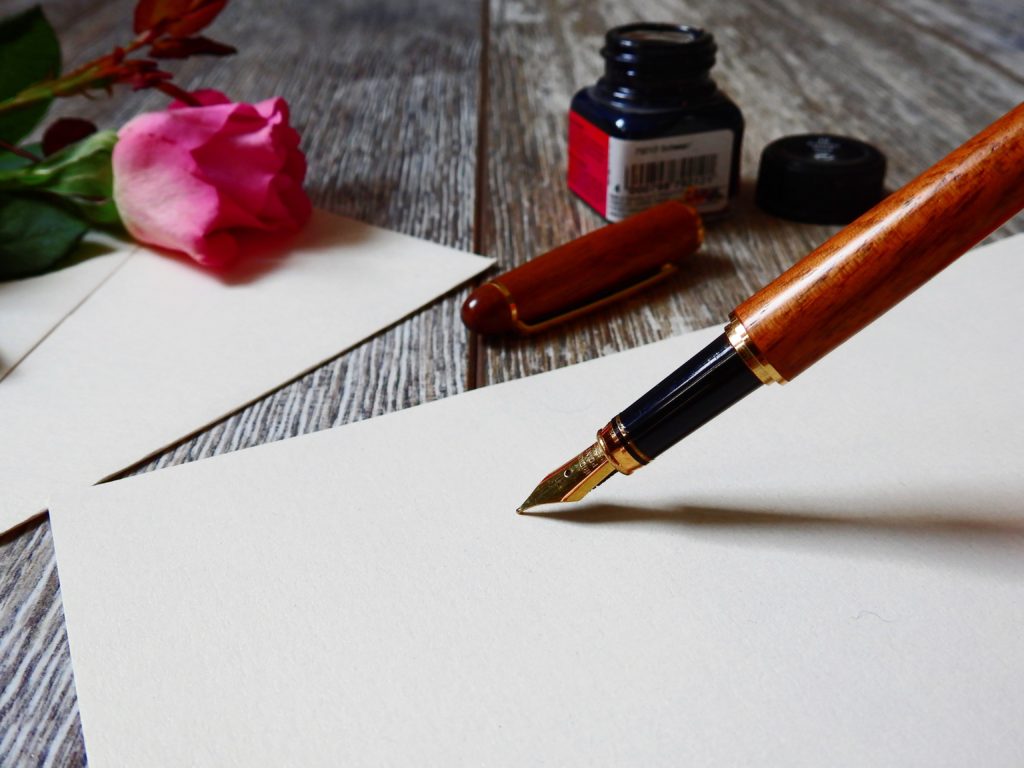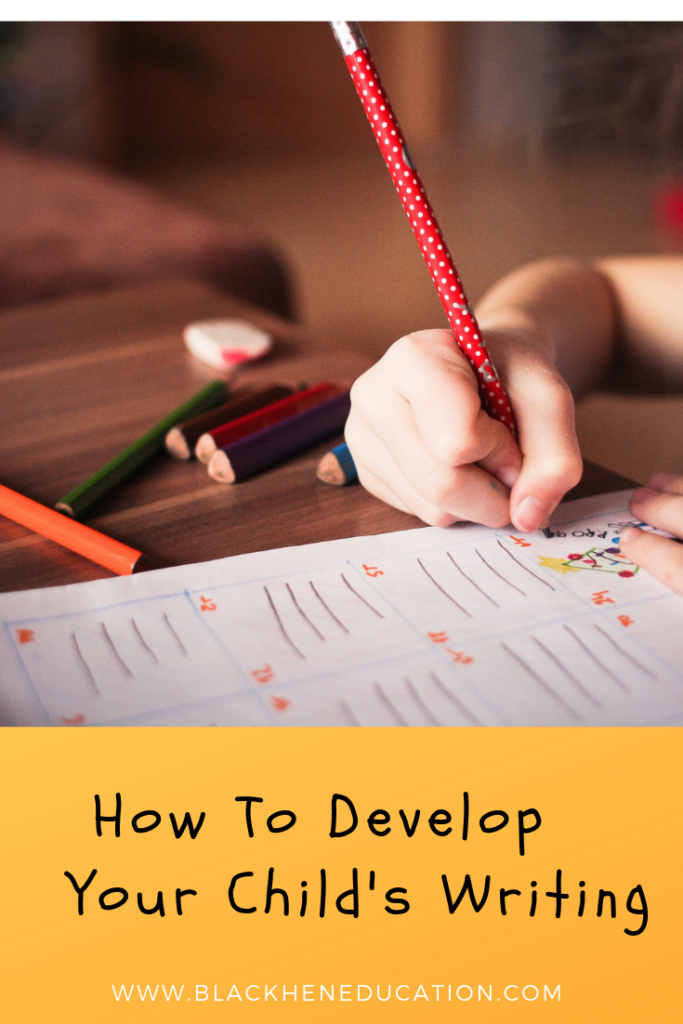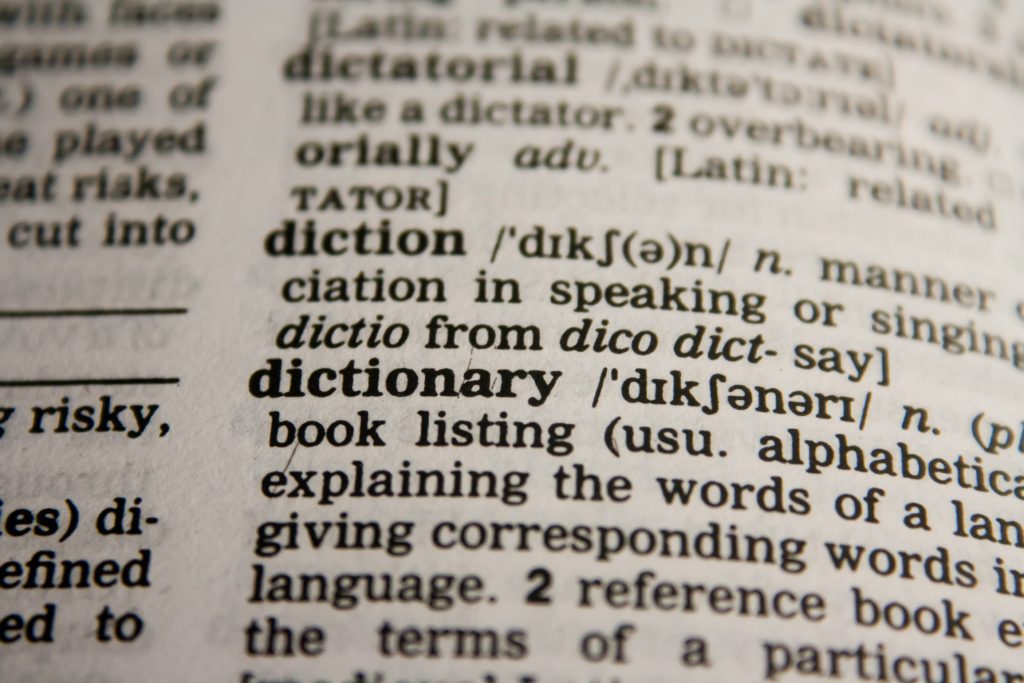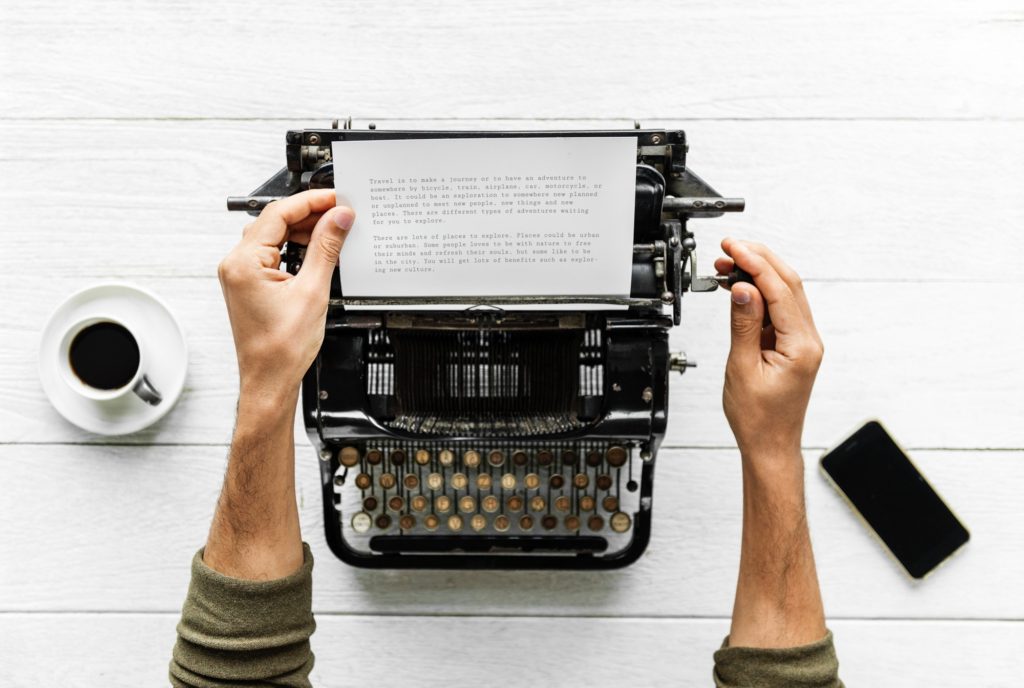
Whether you’re writing something creative like a story, or something more formal like a letter, good writing is an invaluable skill. There are hundreds of ways you can improve your writing, and the internet is full of different tips and tricks to improve fluency, accuracy and communication. I’ve decided to cut it down to 9 top tips. Next time you write something, see if you can use these to help your piece stand above the crowd.
- Always plan
Before you start writing, make a list of the things you want to say. You could plan out paragraph by paragraph, bullet point key ideas you need to include or even make a spider diagram. However you do it, this will ensure that your ideas transfer to the page coherently and allow you to put your ideas in the best possible order.

- The Beginning
This is where you capture your audience, so this needs to be the most engaging part of your work. You should always think carefully about how to start. If it is a story, you need to grip the reader, if you’re writing something non-fictional, how are you going to ensure they are listening to you and taking you seriously? Your opening should always pose a question.
- Be Succinct and Concise
You’ve probably all read books where nothing happens and the writer uses hundreds of words when one sentence would do. Well nothing puts a reader off more than writing that isn’t succinct. We all lead busy lives and want to receive information in a concise way. No-one likes to read waffle! That’s not to say that you can’t use description or ambitious adjectives. Look at the heading of this point, do you need both words, or do they mean the same thing?

- Vary your vocabulary
Another thing you can look carefully for is your use of vocabulary. Do you keep repeating the same word? Use a thesaurus! Using a variety of mature vocabulary can lift your writing off the page. Just be careful when you’re using a thesaurus and make sure the sentence still makes sense. For example: ‘the small girl could barely reach the shelf’ could be changed to ‘the unimportant girl could barely reach the shelf’, but does this mean the same thing?
- Sentence Starters
Another thing you can do to make your writing more fluent is to vary the way you start your sentences. Have you found that lots of them start with ‘I’ or ‘The’? You can easily rearrange sentences without changing the meaning. For example: ‘I raced hungrily towards the door as the scent of my mother’s apple pie rolled through the open window’ à ‘Hungrily, I raced towards the door as the scent of my mother’s apple pie rolled through the open window’ OR ‘As the scent of my mother’s apple pie rolled through the open window, I hungrily raced towards the door’.
- Audience
This is something you should consider in your planning stages but also something you need to remind yourself of throughout. As you’re writing, always consider who your audience is. If you’re writing a letter of complaint to your councillor, you’re unlikely to use words like ‘mate’ or ‘telly’ or ‘gutted’, you’d say ‘friend’, ‘television’ and ‘disappointed’. In the same way, avoid using a thesaurus and adding complicated words if you are writing a leaflet aimed at 9 year olds.

- Purpose/Formality
Leading on from this, you should ensure that you focus on your purpose. If you are writing a letter of complaint, you shouldn’t give them your life story and put long, descriptive paragraphs in; you should stay focused on the point and outline why you are unhappy. Similarly if you are writing a diary entry, it will likely be less formal than a newspaper article. Make sure your language is always appropriate.
- The Ending
So the beginning is important, but so is the ending. If you are writing fiction, this is the part that will either make the reader want to carry on and know what happens next. If you’re writing a piece of non-fiction, this is the part where you summarise your views. In a letter you may express exactly what you want them to do in response, if it is a newspaper you might say what the consequences of something are. The ending also ensures your piece is well rounded, there’s nothing worse than reading a piece of work that feels like you just stopped writing!
- Proof Read
The final stage is proof reading. When you are happy with your work, you must make sure you read through. In an age where we type quicker than we can think, even the best writers make mistakes. Some people find it easier to read out loud. This way not only can you check for grammatical errors, but you can also check that it sounds right.

